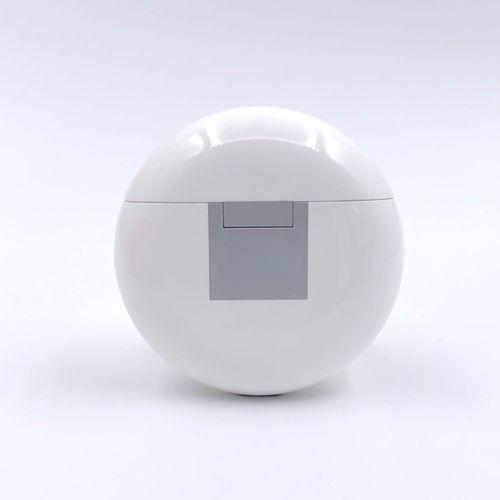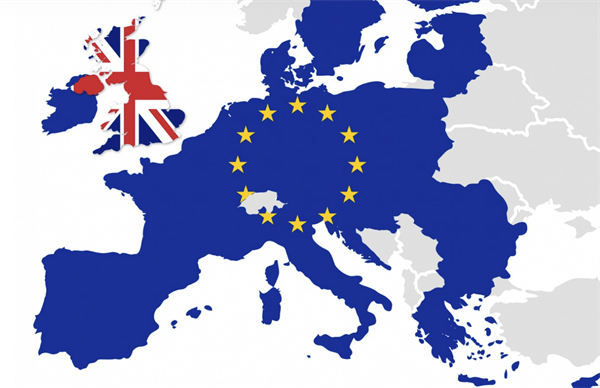Updated content of this draft
1. Exemption and extension of fire fighting foam containing PFOA
The exemption date of PFOA-containing bubbles was extended from "July 4, 2025" to "December 3, 2025" to allow more time to phase out these bubbles. At present, some EU citizens think that such a delay may be unfavorable, may delay the transition to a safer fluorine-free option, and may be replaced by other PFAS-based foams. )
2. Put forward the limit value of unintentional trace pollutants (UTC) of PFOA or its related compounds in fire fighting foam.
The temporary UTC limit of PFOA or its related compounds in fire fighting foam is not more than 10 mg/kg, which is used to suppress liquid fuel vapor and put out Class B fires. This limit is valid for 3 years since the regulations come into effect. (At present, some EU citizens think that phased reduction should be introduced, such as gradually reducing UTC restrictions within three years to minimize the long-term environmental impact; Standard methods for testing PFOA or its related compounds should be published to ensure accurate compliance and implementation. )
3. Proposed the cleaning procedure of fire-fighting foam system containing PFOA or its related compounds.
In the proposal, PFOA foam in the system is allowed to be replaced after cleaning, but the UTC limit of 10 mg/kg is set to solve the residual pollution. At present, some EU citizens think that cleaning standards should be defined, detailed cleaning procedures should be established, and UTC limits should be lowered at the same time to further reduce pollution risks. )
4. The proposal deletes the provision for periodic review of UTC limits of perfluorooctanoic acid (PFOA), its salts and related compounds.
Considering the lack of sufficient scientific data to support the current changes, EU officials have deleted several provisions on periodic review of UTC limits.
Warm tips
The continuous updating of laws and regulations on persistent organic pollutants means that countries are more and more strict in controlling persistent organic pollutants. ZRLK suggested that relevant enterprises should always pay attention to the development of EU POPs regulations and investigate the compliance of substances involved in the upstream and downstream of the supply chain as early as possible, so as to ensure that products put into the EU market meet the control requirements of POPs regulations and avoid unnecessary trade losses. Our company has a wide range of testing fields and a professional and efficient service team, which can help enterprises evaluate the special chemicals regulated in products and make your products meet the corresponding national and international organization standards. If you need it, please feel free to contact us, and our engineers will serve you at the first time!












